“Will I die?” asked a Chamorro youth, wounded and fearing for his life on the operating table, as Japanese forces descended upon Guam in December 1941. Captain Wilma Leona Jackson, then a nurse, reassured him kindly that he wouldn’t, only to hear his heartbreaking response: “I don’t care if I do. If I die, I will not have to live under these Japanese.” Tragically, the young man succumbed to his injuries, leaving behind a poignant reminder of the horrors of war.
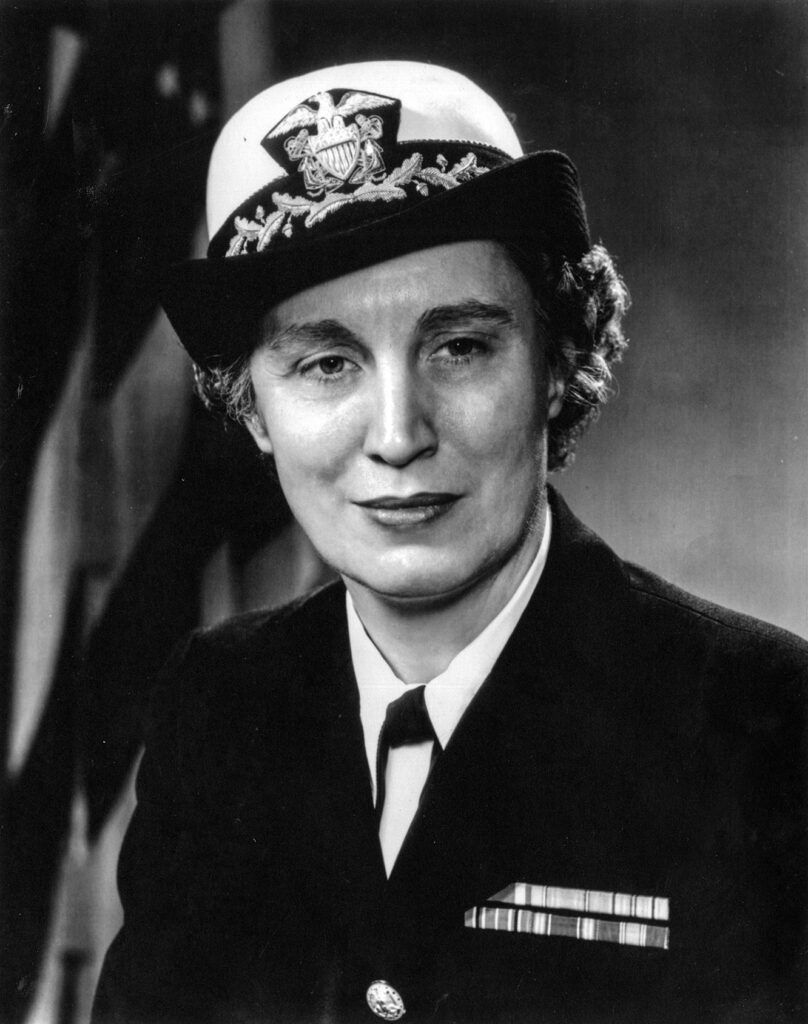
The looming specter of war had cast a shadow over Guam and the Philippines for some time, prompting the evacuation of dependents in anticipation of the conflict. When Pearl Harbor was bombed on December 7, 1941, it was only a matter of hours before Japanese bombs rained down on Guam, plunging the island into chaos.
Reflecting on the tense atmosphere preceding the invasion, Captain Jackson remarked, “I wasn’t surprised at the Japanese attack…our first reaction was one of relief that we didn’t have the women and children there on the island.” Her recollections, documented in a 1943 narrative, provide a harrowing glimpse into the realities faced by those on the front lines of conflict.
Assigned to Guam in 1940, Captain Jackson and her fellow nurses found themselves thrust into the heart of the Pacific theater. Despite the idyllic setting, their lives were soon upended by the ravages of war. The Japanese onslaught spared no one, with raids and bombings wreaking havoc on the island.
As casualties poured into the hospital, the nurses worked tirelessly to save lives amid the chaos of war. Their dedication and bravery stood as a beacon of hope amidst the darkness of conflict.
But the horrors of war were not confined to the battlefield. Captain Jackson witnessed firsthand the atrocities committed by the Japanese invaders, from the plundering of Chamorro homes to the ruthless treatment of prisoners. The brutality inflicted upon the island’s inhabitants left an indelible mark on her psyche.
Captured by Japanese forces in the aftermath of the invasion, Captain Jackson and her fellow nurses faced a new ordeal as prisoners of war. Transported to Japan in January 1942, they endured the hardships of captivity with courage and resilience.
Life in the internment camps was a daily struggle for survival, marked by deprivation and uncertainty. Yet, amidst the adversity, Captain Jackson found solace in the camaraderie of her fellow internees and the small moments of humanity that sustained them through the darkest days.
After months of captivity, their ordeal finally came to an end with their liberation and repatriation in June 1942. Returning home to a nation grateful for their sacrifice, Captain Jackson and her fellow nurses were hailed as heroes, their courage immortalized in the annals of history.
In the years that followed, Captain Jackson continued to serve with distinction in the Navy Nurse Corps, leaving behind a legacy of bravery and compassion. Her remarkable journey from the shores of Guam to the halls of captivity stands as a testament to the resilience of the human spirit in the face of adversity.



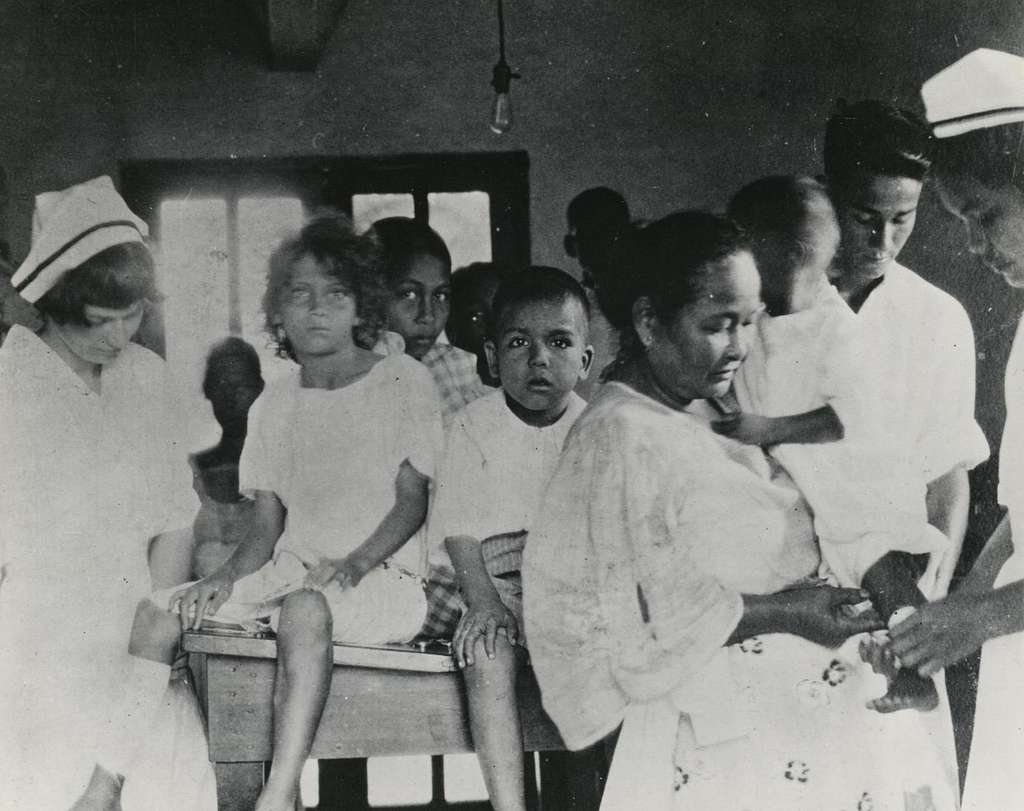
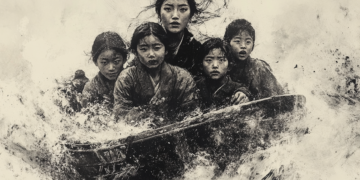
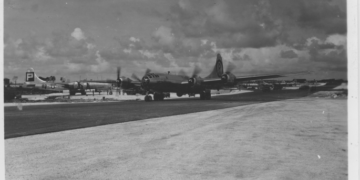
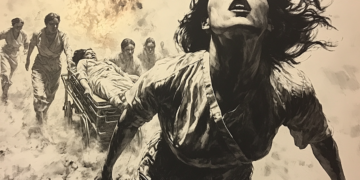
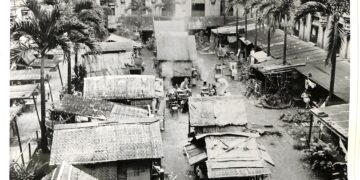
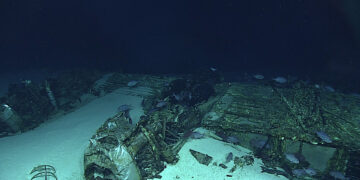
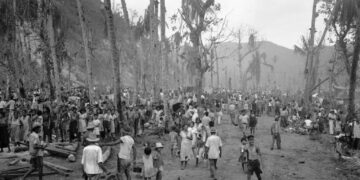



Discussion about this post